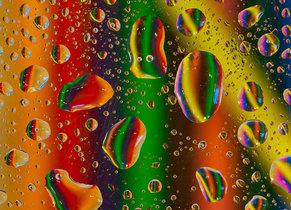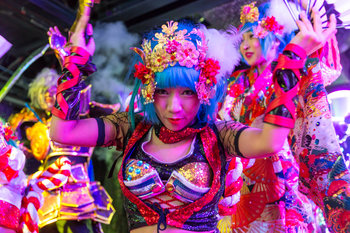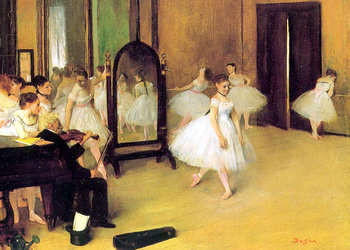|
| |
Red is an unsettling color that is associated with fire, blood, danger and intensity. Due to its relative rarity in nature and association with intense elements such as fire and blood, it is an emotional color that attracts the attention but is difficult to look at for long. The following are common meanings of red color followed by a more detailed description of each.Assertiveness | Attention | Autumn | Blood | Boldness | Brashness | Celebration | Christmas | Communism | Danger | Demons & Devils | Embarrassment | Emergency | Femininity | Fertility | Financial Loss | Fire | Freshness | Good Fortune | Happiness | Health | Hot (Color Temperature) | Incorrectness | Life Guards | Lipstick & Cosmetics | Love | Marketing | Married Women | Martyrs | National Flags | Passion | Penalties | Power | Problems (Reporting & Communication) | Ripeness | Romance | Sacrifice | Social Status | South | Stop (Traffic Lights) | Sun | Valentines Day | Visibility | War | Warnings | Wealth |
Red
This is the complete list of articles we have written about red.
If you enjoyed this page, please consider bookmarking Simplicable.
An overview of blue symbolism, meanings and associations.
The common meanings of green color.
The possible meanings of yellow color.
A list of words to describe different shades of blue.
A list of things that symbolize colors.
A vocabulary for describing yellow colors.
A list of meanings associated with the color black.
An overview of the color red with a large red palette.
An overview of candy red with a palette.
A list of useful complementary colors as a palette.
An overview of Persian red with a palette.
A palette of true red colors.
An overview of dark red with a palette.
The only list of colors you will ever need.
TrendingThe most popular articles on Simplicable in the past day.
Recent posts or updates on Simplicable.
Site Map
© 2010-2023 Simplicable. All Rights Reserved. Reproduction of materials found on this site, in any form, without explicit permission is prohibited.
View credits & copyrights or citation information for this page.
|


































